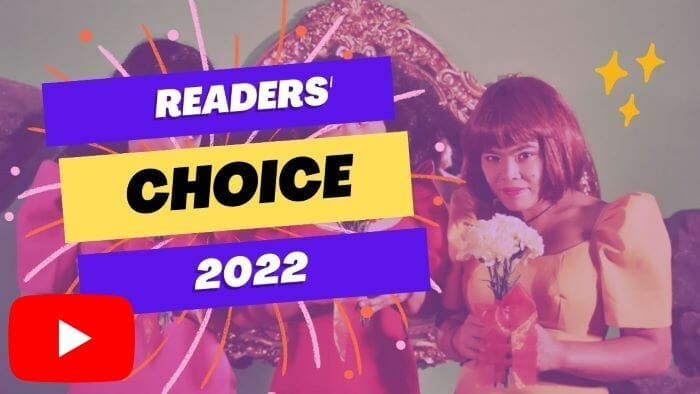One of the documentary’s opening moments includes a segment from a 1989 interview with Barney Rosset, the face of Grove Press. As the interview is being announced, the beginning of the TV show Midnight Blue is shown, which includes a close-up clip of a woman’s breasts, a series of videos of the host with the words Fuck You written next to his face in bold, orange letters as he yells out that same insult, and then we see yet another naked woman dancing. The tone for the rest of the documentary is set.
Obscene mirrors Grove Press’ raw and avant-garde aesthetic as it gives its audience a taste of the media that the company produced. The film is not short on sexually explicit clips, naked bodies, strong language, and bright colors. Obscene chronicles the infamous journey of Grove Press under Barney Rosset’s leadership, and just as the title suggests, it does not shy away from the company’s most controversial battles.
More of a historical document from a personal lens than a deep dive into Barney Rosset’s life, Obscene goes through Grove Press’ early influences, most important published authors, notable legal battles, and financial struggles towards the end of Barney’s time with the company. The film names Barney’s early contact with left-wing politics and his outrageous personality (he is described by one of the Grove Press editors as “a big, crazy freak”) as the cause for his incessant fight against censorship and post-war conservative values. The documentary shines, in this writer’s opinion, when its focus rests on the fascinating evolution of free speech and publishing laws in the United States in a post-war period. The documentary delves into Grove’s legal battles throughout the years, paying special attention to the court cases against Lady Chatterley’s Lover and Tropic of Cancer, both of which represented momentous shifts for the case against censorship in American press. The film also goes into the civil rights movement and the feminist movement, and its interactions with Grove, although not in as much detail or depth.
OVID.tv’s Documentary Gives Barney Rosset Control of His Narrative
Most of the documentary is told through the method of personal narration, as clips from old interviews are interspersed with more recent footage with a then 85-year-old Rosset. This gives a personal and raw feel that strays from the strictly informational. Even when discussing legal lawsuits, the viewer is allowed into Rosset’s personal experience of the events. For instance, when discussing the publishing of Tropics of Cancer, Barney Rosset talks about his personal love and admiration of Henry Miller and his writing, which stemmed all the way from high school. When talking about the publishing of Samuel Beckett’s plays, Rosset speaks fondly of their friendship as black and white photos of the two populate the screen, and praises him as one of many early influences: authors and artists experimenting with art that was considered unconventional. In fact, Beckett and Miller are only a few of the renowned artists who are featured in the documentary. Figures such as Jackson Pollock, Joan Mitchell, Malcolm X, John Waters, and Allen Ginsberg, among others are featured and shown to have crossed paths with Barney as either clients, friends, lovers, influences, allies, or enemies.
Not only is the film told in Rosset’s voice, but it is also often shown through his eyes. Barney Rosset’s early start as a videographer and his love for filmmaking are made apparent by the volume of clips taken from his recordings and personal records. From videos he took during his time in the military, to photos of him with his wives and friends in bars and restaurants, the aesthetic chosen for the documentary is geared towards the intimate when not focused on the outrageous. The end of the film is a testament to this idea, as clips of Rosset and his family throughout the years, in the style of old home videos, are shown until the screen fades to black.
This is documentary is great for those interested in history and publishing and are looking for a documentary with an informal and intimate tone.
RECOMMENDED
Nominate this for The Picture This Post BEST OF 2023???
Click Readers' Choice!
Run time: 1 h 37 minutes
Directed by Daniel O’Connor and Neil Ortenberg.
To watch the film, visit the OVID.tv page for OBSCENE.
Photos courtesy of OVID.tv

About the Author: Madalena Martins
Madalena is a young writer and actress based in Chicago. She was born and raised in Lisbon (Portugal- the home of soccer and custard tarts) then moved to Mostar (Bosnia and Herzegovina), and finally made it to the United States! Her international background resulted in a deep love for languages, cultures, travelling, and food. She is also a lover of theatre, cinema, music, and literature. In her free time, she enjoys writing, going to the beach, doing improv comedy and sketches with friends, talking to strangers, and suffocating her dog with love.
Besides this, she is interested in climate activism, feminism, and queer studies, and is interested in the intersections between these fields.














